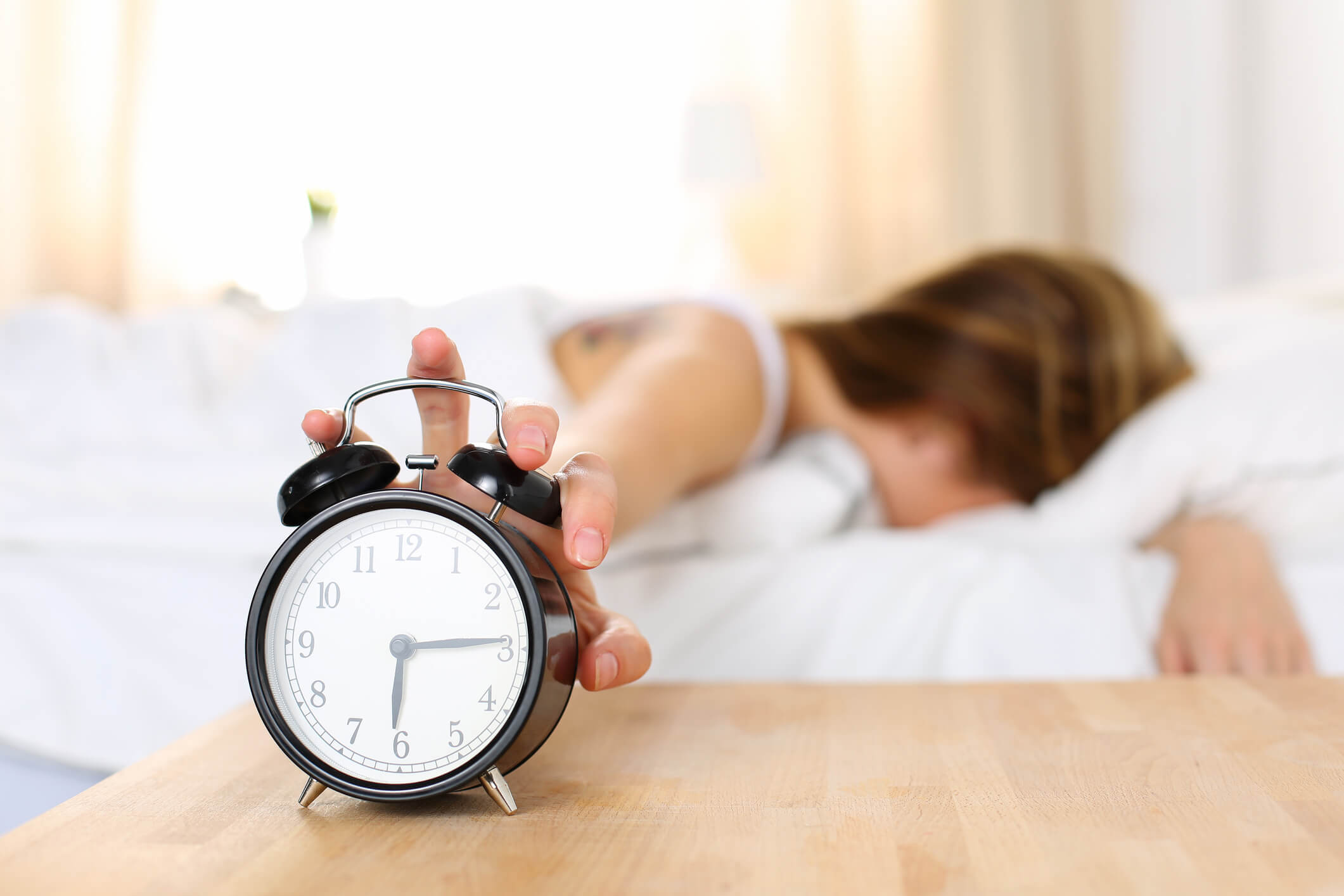Are Naps Actually Good for You?
Some people swear by daily naps, while others claim they make them feel worse and disrupt their sleep routine. This begs the question, “Are naps actually good for your health and sleep cycle?” The answer isn’t so straightforward—it depends.
Some people need naps more than others, and certain age groups should do away with them altogether. Oftentimes, the issue isn’t whether naps are good or bad—rather, the quality of sleep is what’s most important. Here is a quick rundown of everything you need to know about naps and how they can keep you energized all day.
The benefits of naps
People nap for different reasons, and naps can provide numerous benefits. For instance, if you come down with a cold, you might feel an increased need for a midday snooze. Our bodies use more energy than normal while fighting off infections, which makes us sleepier in the middle of the day. People who are sick need plenty of rest, so they can recover faster.
Naps can also improve cognitive performance in children, teens and young adults. When naps become part of their daily routine, these age groups may experience improved memory and emotional regulation. A daily nap is also essential for every aspect of a toddler’s development and may even help strengthen their language.
When naps can be detrimental
Unfortunately, some naps can do more harm than good. Factors such as medical history, age and the time of day you nap will determine whether or not naps are right for you. While naps offer benefits for children and young adults, those who are a bit older might want to steer clear of naps altogether. Older adults who nap for more than an hour each day may develop an increased risk of chronic health conditions.
Everyone should avoid napping too close to bedtime. A power nap in the evening will leave you feeling energized and alert, but it can make it difficult to fall asleep at night. Naps that occur in the late afternoon or evening can also disrupt your circadian rhythm, reducing sleep quality over time. Poor nighttime sleep can increase your urge to nap during the day, further perpetuating the cycle and leading to health issues.

Additionally, naps that are too long may cause sleep inertia. Sleep inertia is that groggy feeling associated with naps 30 minutes or longer. When you sleep for a long time, your brain enters what’s known as deep or slow-wave sleep. After waking up from a long midday snooze, grogginess can make it difficult to get back into the swing of your daily responsibilities.
Who needs naps the most?
Certain groups of people might want to consider incorporating naps into their daily routine in order to maximize their sleep. Shift workers can power through the night by scheduling a quick nap during their breaks. Naps are especially important for truck drivers, so they can stay alert on the road.
Infants and toddlers up to three years of age need naps more than anyone else. It’s normal for babies to take as many as four naps per day! These are called fulfillment naps because they’re scheduled, consistent periods of rest that fulfill an infant’s need for sleep. Some older children might take naps on occasion, seeing as they require between 10 and 13 hours of sleep for proper brain development.
Tips for taking the best nap
If you feel the urge to take a midday snooze, follow these tips to maximize your nap:
- Before your head hits the pillow, set an alarm on your phone for somewhere between 10 and 20 minutes. This time frame gives your brain enough time to “power off” and recharge itself. Any longer than 20 minutes and you run the risk of waking up groggy. When it comes to napping, less sleep is better!
- Schedule naps for the middle of the day. A quick nap in the early afternoon will help you power through that 3 p.m. slump and improve your ability to focus on getting work done. Early naps also ensure you’ll be tired enough to fall asleep later that night. That way, you can enjoy a proper night’s sleep while reaping the benefits of an energizing power nap.
- If possible, seek out a room that’s conducive for sleeping. Turn off all the lights, crank up the air conditioning and make sure there are zero distractions—including your thoughts. Stress can prevent you from falling asleep, so experiment with relaxation techniques and mobile apps that guide you through a meditative session.
Most importantly, ask yourself why you need naps in the first place. You could be recovering from illness or an all-nighter, or maybe you’re just not getting enough sleep. The motives behind napping can say a lot about your lifestyle and overall health. Speak with a doctor about how to improve your sleep quality at night, so you won’t need naps at all.


Leave a comment